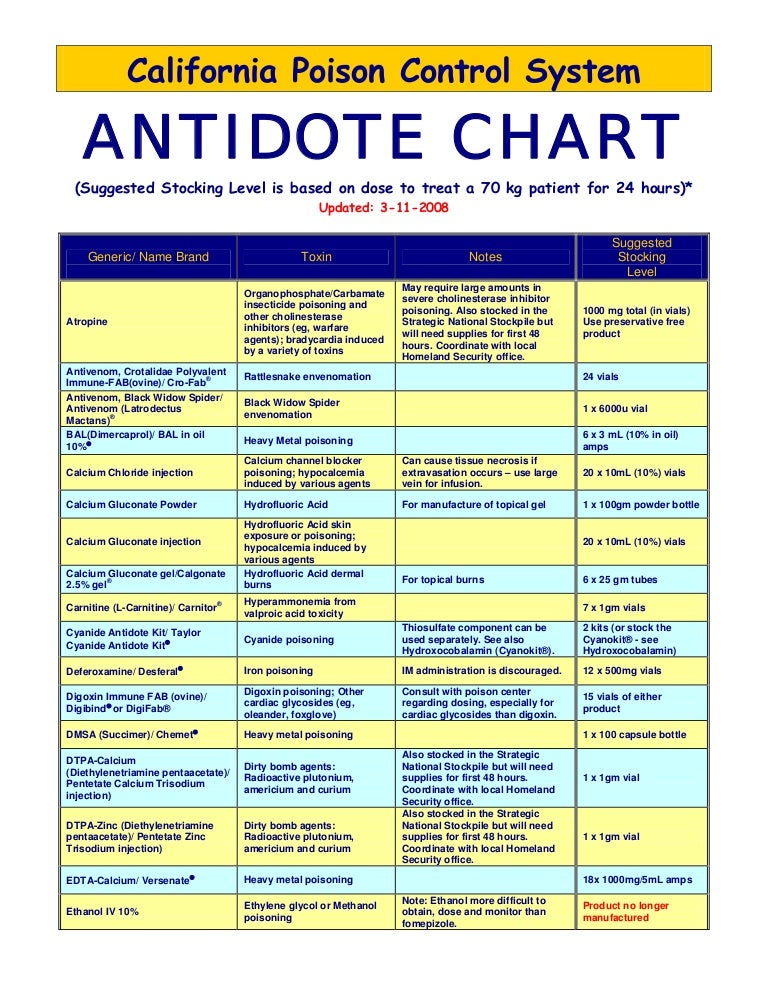

Certain changes to foods and medicines can also increase the effect of warfarin. Warfarin toxicity happens when you have too much warfarin in your body. Vitamin K can be given by either oral, intramuscular, subcutaneous, or intravenous routes. Warfarin (Coumadin®) overdose is treated with vitamin K or phytonadione (Phylloquinone®). What is the reversal agent antidote for warfarin Coumadin )?įor severe heparin overdose or hemorrhagic risk, protamine sulfate is used as the antidote, through slow intravenous injection. You can reverse Warfarin acutely by giving either FFP (which contains all these factors and more) or by Prothrombin Complex Concentrate (PCC).

Reversal is accomplished by replacing the vitamin K dependent factors blocked by Warfarin (II, VII, IX, and X).

Oral vitamin K1 has excellent bioavailability, is rapidly absorbed, and is recommended in the absence of serious or life-threatening hemorrhage.Īny patient with a coagulopathy due to a vitamin K antagonist and life-threatening bleeding should receive the following treatment: Vitamin K1 is the only effective antidote for long-term management, but it takes several hours to reverse anticoagulation. What is the antidote for too much Coumadin? 6 What is the classification of Coumadin?.3 Which antidote will be recommended for overdose of warfarin?.2 What is the reversal agent antidote for warfarin Coumadin )?.1 What is the antidote for too much Coumadin?.


 0 kommentar(er)
0 kommentar(er)
